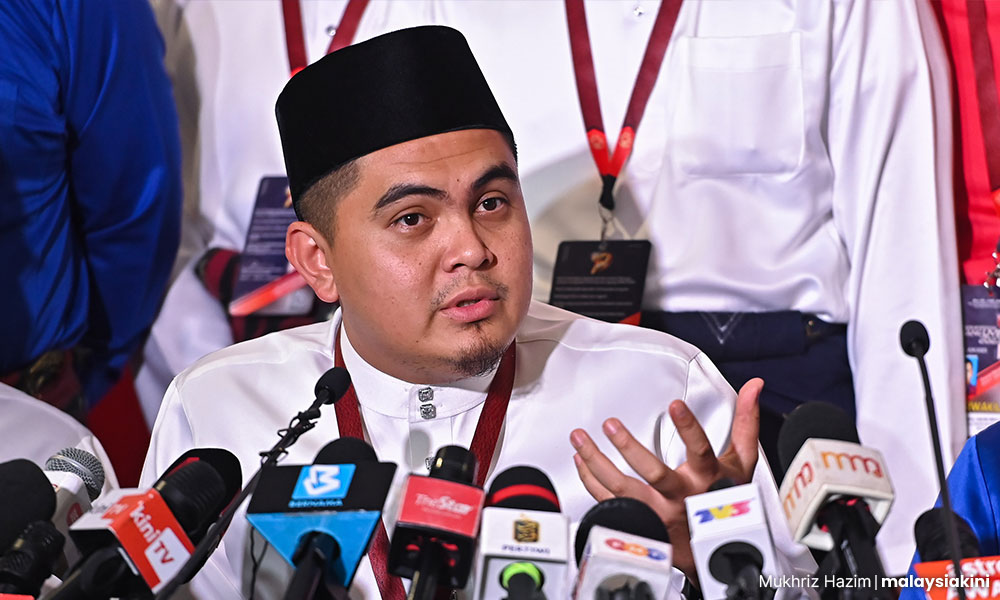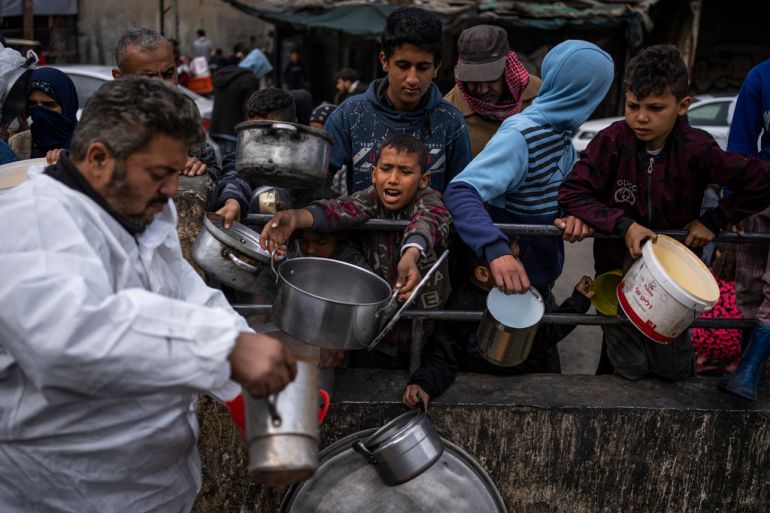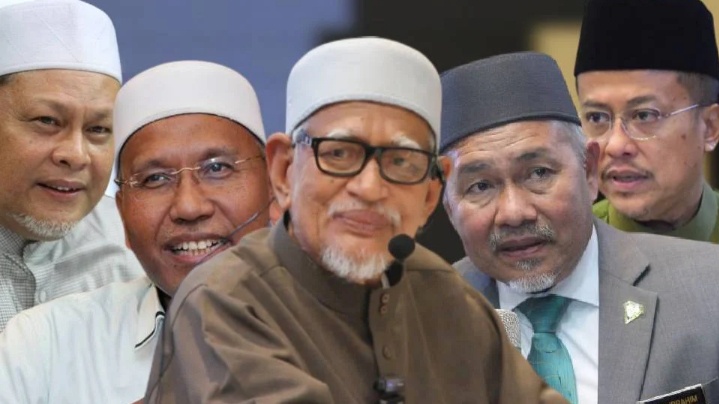Focus Malaysia:
From best to bust: Is it justified to ask Anwar to relinquish Finance Minister portfolio?

YESTERDAY (Feb 27), opposition leader Datuk Seri Hamzah Zainuddin had asked Prime Minister Datuk Seri Anwar Ibrahim (PMX) to sack himself as the Finance Minister due to failure in addressing the country’s economic woes.
The Larut MP made the suggestion at the Dewan Rakyat by citing the plunging value of the ringgit as among the reasons why Anwar needed to step down.
Politics aside, there are merits in Hamzah’s views. For one, PMX already has his plate full. Steering the Finance Ministry (MOF) requires a full-time commitment which would be impossible for Anwar to devote given the onerous task of being the country’s top leader.
However, Hamzah would do well to remember that the national debt which Anwar is currently grappling ballooned to a record RM1.5 tril when he was part of the backdoor Muhyiddin administration. This happened during the COVID-19 pandemic during which Putrajaya undertook record spending, thus creating record budget deficits.
Anwar may have won accolades in the 1990s for being the Best Finance Minister but the economic ecosystem was much simpler then. This aside, Malaysians’ patience with the current state of the economy has understandably grown thin given so much compromise has been made from the Pakatan Harapan (PH) 15th General Election (GE15) manifesto.
Last year, Malaysia missed its gross domestic product (GDP) growth target, registering only 3.7% as opposed to Bank Negara Malaysia’s (BNM) already revised (downwards) target of 4%.

Unfulfilled promises
The value of ringgit against the greenback and Singapore dollars has plunged to its lowest levels in around 25 years. The last time this happened was during a turbulent period precipitated by the 1988 Asian Financial Crisis (AFC) during which Anwar was ousted as finance minister which led to the mass reformasi protest.
And barely days before the new sales and service tax (SST) regime comes into place on Friday (March 1), there have been so much chaos and miscommunications in the air.
It was recently disclosed that electricity and water tariffs are now subjected to 8% sales and services tax (SST) from the previously stated 6%, thus raising alarm among Malaysians who are already suffering under the yoke of a sluggish economy.
More recently, it was revealed that almost all maintenance and repair services are also subjected to the new SST regime in an eleventh-hour gazette posted on the Attorney-General’s official website.
That the MOF through the Royal Customs and Excise Department is still struggling to finalise the list of sectors affected by the new SST regime barely days before its implementation only suggests chronic mismanagement right at the top.
Nevertheless, the fact that Anwar has appointed Finance Minister II Datuk Seri Amir Hamzah Azizan to assist him in the MOF shows that he is willing to unload some of his tasks in the MOF.

Perhaps Anwar should appoint another Deputy Finance Minister to beef up MOF in carrying out urgent policies and programmes to address the current economic woes. Currently, the Deputy Finance Minister is DAP’s Tanjong MP Lim Hui Ying who is the sister of former finance minister Lim Guan Eng.
This will free up Anwar’s workload so that he could focus on instituting the various reforms he had pledged during his 0pposition days. It was promises of these reforms that saw Pakatan Harapan won sizable support during the last general election that catapulted Anwar to power.
That the Anwar administration has been a letdown in pushing for reforms is an understatement. The slow pace of reforms and unkept electoral pledges has culminated in a rally yesterday by BERSIH 2.0 (Coalition for Clean and Fair Elections) outside the Parliament yesterday (Feb 27).

Surely, Anwar would not want to go down in history as the PM who failed to deliver on his much-vaunted promised reforms. – Feb 28, 2024


















